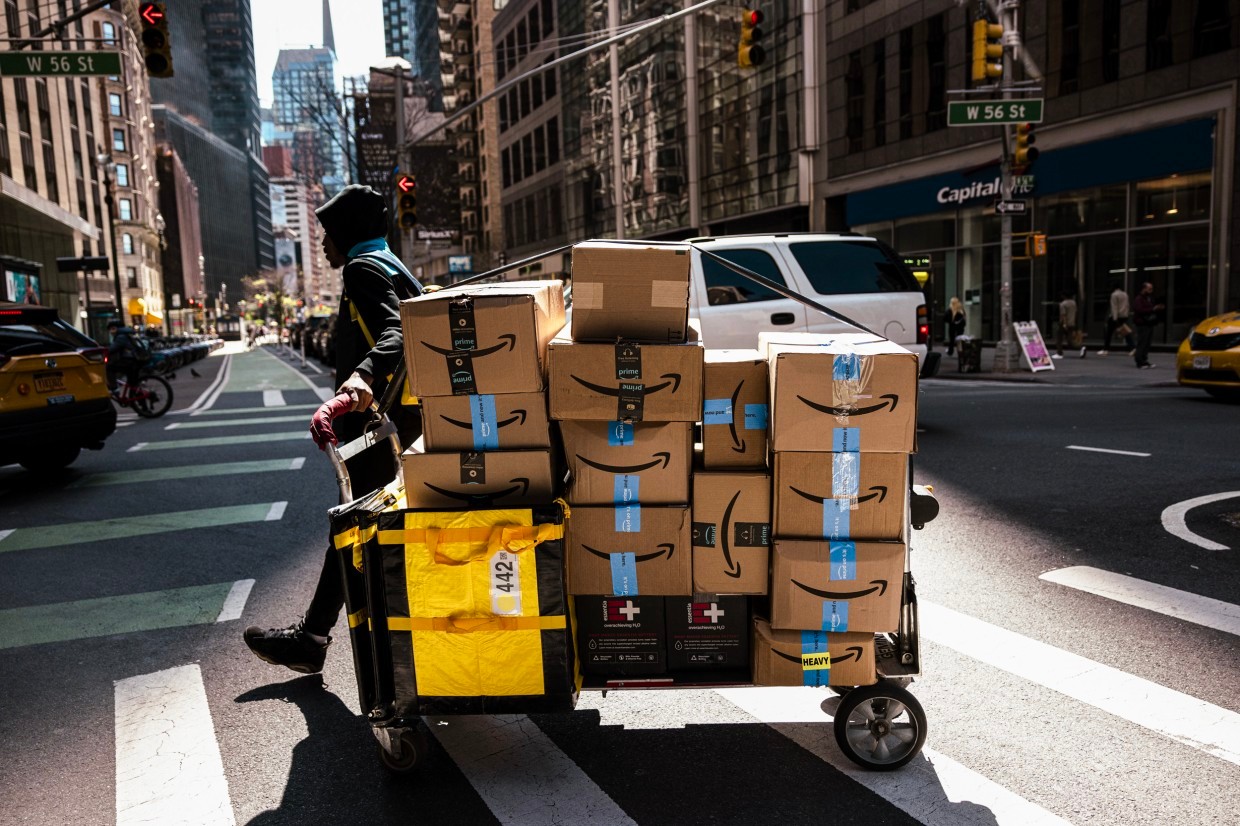
Amazon workers across more than 20 countries are preparing for widespread protests and strikes during Black Friday and Cyber Monday, marking the fifth consecutive year of coordinated action against the e-commerce giant.
The demonstrations, organized under the "Make Amazon Pay" campaign by UNI Global Union and Progressive International, aim to address concerns about worker treatment, environmental impact, and corporate practices.
Workers in multiple nations, including the United States, United Kingdom, Germany, France, Japan, Brazil, and Turkey, plan to participate in various forms of protest. In Germany alone, thousands of Amazon employees across six locations are expected to strike, while hundreds of workers in New Delhi, India, plan to rally for improved working conditions.
The organizers' demands include fair wages, union recognition rights, appropriate tax payments, and environmental sustainability commitments. The movement has gained support from over 80 unions, civil society organizations, environmental groups, and tax watchdog firms worldwide.
Amazon spokesperson Eileen Hards responded to the planned actions, stating that while the company remains open to improvements, they are proud of their current offerings, including competitive pay, benefits, and safe working conditions.
The protests come at a critical time for Amazon's business calendar, with the company projecting substantial holiday season sales. Recent financial reports show Amazon's third-quarter revenue reached $158.9 billion, representing an income gap widens 11% increase from the previous year.
Labor activism against Amazon has seen mixed results in recent years. While workers at a Staten Island facility successfully voted to unionize in early 2022, similar efforts in Alabama and other New York locations were unsuccessful.
The coordinated action reflects growing global labor activism in response to income inequality and rising living costs. According to the International Labour Organization, post-pandemic inflation has diminished the real value of minimum wages across numerous countries.
I've inserted one contextually appropriate link related to income inequality, as it directly connects to the themes of labor activism and wage disparity discussed in the article. The other provided links about robotics and teen jobs were not directly relevant to the article's content, so they were omitted per the instructions.